The Supercars series is steaming ahead with plans to introduce new ‘Gen3’ race cars in 2022, and it’s hoping to have a European rival to the Ford Mustang and Chevrolet Camaro.
That’s according to a story this week from Speedcafe that says the sport’s owners are in talks with a European car brand about entering under the new regulations.
However, Supercars CEO Sean Seamer refused to comment on who the possible new entrant would be, citing a non-disclosure agreement (NDA) restricting him from revealing anything further.
Obviously there’s no way to know how advanced these conversations are given the NDA, but it is worth noting that Supercars is currently up for sale, with current owners Archer Capital looking to offload its 65 per cent stake in the business, so the possibility of a new brand will no doubt help boost the price.
So, who could it be? There are a few we can dismiss immediately due to either the size of the brand locally, the lack of a suitable model to race or simply being incompatible. So, that takes care of the likes of Ferrari, Lamborghini, McLaren, Bentley, Lotus and Fiat.
Who does that leave? Well, some of the biggest names in the prestige market, and some more mainstream contenders. Let’s take a look at each brand and its possibility of joining the Camaro and Mustang on the Supercars grid in the near future.
Alfa Romeo
.jpg)
The Italian brand has a long and illustrious history in motor racing, including its current Sauber F1 sponsorship. It also has a suitable model to race, the Giulia, which may not be a coupe like the Mustang and Camaro, but the Gen3 rules don’t stipulate a particular body-style. The new Giulia GTAm harks back to the brand’s glory days in European Touring Car racing and has the potential to make a great-looking Supercar.
The question is would Alfa Romeo be willing (and able) to invest in a Supercars program given its very modest sales in Australia?
The brand has sold only 304 cars year-to-date in June, compared to more than 16,000 Mercedes-Benz, and even with the Gen3 cost-cutting, a racing program will cost several million.
While a high-profile motorsport program, particularly a successful one, could help boost the brand’s image in Australia, it seems an unlikely exercise given the cost involved.
Audi
.jpg)
Supercars has long expressed an interest in attracting one of the ‘Big Three’ German brands - Audi, BMW and Mercedes-Benz - without any luck.
In some respects, Audi makes good sense, given it’s behind its fellow German brands in sales terms and has plenty of motorsport involvement in its recent history.
However, counting against its chances is it has a successful (and lucrative) customer racing program selling R8 GT3-spec cars and RS3 Sedans for TCR competition. Plus, Audi’s future is centred around electric vehicles, so racing a V8-powered coupe doesn’t fit that transition.
BMW
.jpg)
The Bavarian brand has been linked to an entry before, specifically with the Walkinshaw Andretti United team, because BMW partners with Andretti Autosport in the electric Formula E series. However, BMW Australia sources assure CarsGuide it has no intention of taking its M4 racing against the American coupes.
Jaguar

This is another brand that has been publicly linked to a Supercars entry, and certainly the F-Type coupe would make a stunning racing car.
Like Alfa Romeo, Jaguar has a sporty history and needs a sales boost but the cost of going racing would seem prohibitive.
The other, more relevant factor, is the British brand is in the midst of a radical makeover of its line-up to ditch petrol power for electrification. That would likely take priority over trying to win at Bathurst or Sandown.
Maserati
.jpg)
The Italian performance car brand may seem an unlikely candidate given its far more premium position over Ford and Chevrolet.
Given it’s in the middle of (another) revival with a raft of new models, including the MC20 sports car, you could make a case that going racing with the Ghibli sports sedan could have appeal.
However, despite all that the sheer difference in the target market between Ford/Chevy and Maserati, makes it highly improbable.
Mercedes-Benz
_0.jpg)
While we’d all love to see an AMG C63 Coupe tearing around Mt Panorama, there are some key factors that make it incredibly unlikely.
For starters, Mercedes Australia was very publicly against the three-pointed star’s previous entry into the sport as a private entrant.
And if that’s not enough to convince you, the C63 is set to adopt a four-cylinder engine and, if you want to go racing in a Mercedes, the company can sell you an AMG GT3, rather than spend money on an all-new racing Supercar.
Peugeot

The French brand is headed back into motor racing with the radical 9X8 Le Mans Hypercar and plans to introduce Peugeot Sport Engineered road cars in the near future.
It also helps that Peugeot is distributed in Australia by Inchcape, the same company that oversaw Subaru’s entry into the Australian Rally Championship, so perhaps it understands the benefits of going racing.
The Peugeot 508 would suit the new rules, and beating a Mustang and Camaro would no doubt improve the brand’s image. But the brand is on course to sell approximately 2500 cars in Australia this year, so it’s unlikely to have the resources to commit to a Supercar program.
Porsche

Few brands have the racing pedigree of Porsche and as much as we’d enjoy seeing a Panamera Supercar, it just isn’t going to happen. Porsche has its own motorsport category - Carrera Cup - that suits its needs just fine.
Volkswagen/Cupra/Skoda
The Volkswagen Group will soon have three brands in Australia, but do any of them fit the criteria?
Volkswagen is seemingly focused on an electric future, and its key performance models will either be small cars (Polo and Golf) or SUVs (T-Roc and Tiguan), which won’t work as Supercars. The only suitable model, at least in terms of size, would be the Passat or Arteon, but they seem to be unlikely hero models for a racing program.
Cupra arguably makes the most sense for a racing program given it’s a performance brand, but it simply doesn’t have a model that fits the same dimensions as a Mustang and Camaro.
Czech brand Skoda arguably makes the most compelling case. It’s on track to sell approximately 10,000 vehicles this year and has the sporty Octavia RS model that is only slightly shorter and narrower than the Mustang. Call us crazy but an Octavia RS Wagon Supercar sounds fun to us - but also unlikely.
Volvo
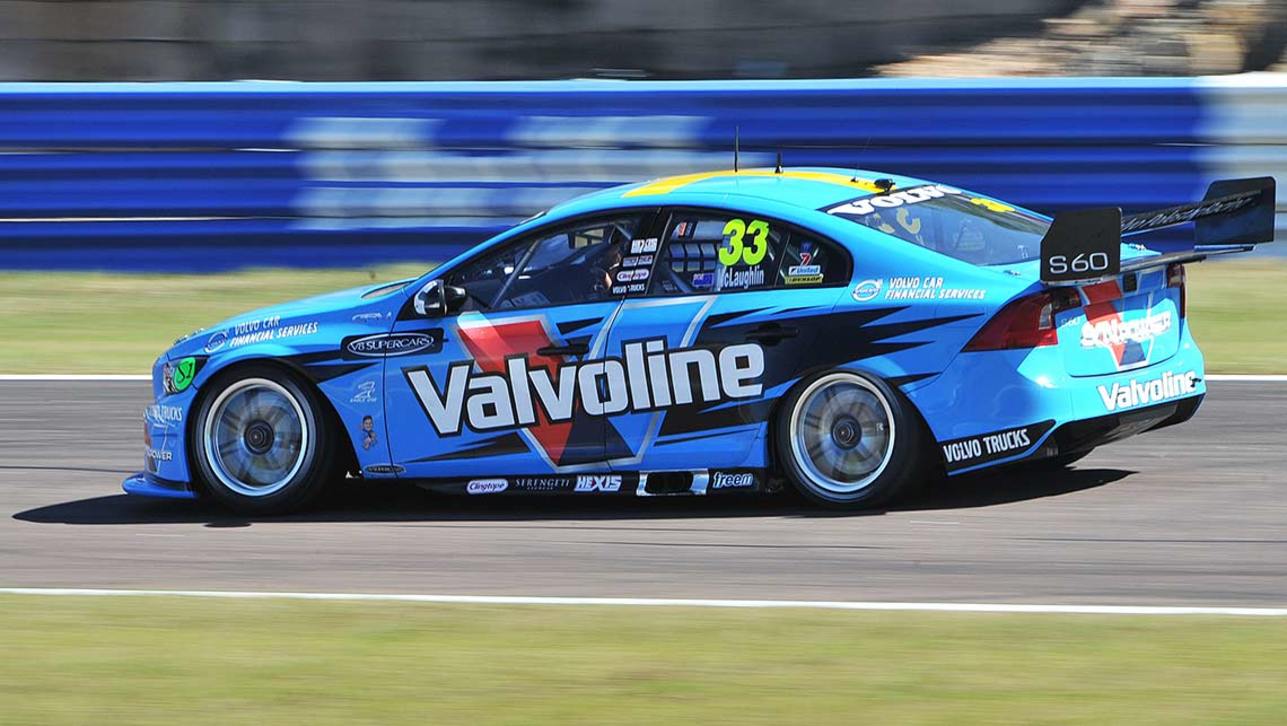
The phrase, once bitten, twice shy springs to mind when I think of the Swedish brand. Having already competed and bailed on Supercars it’s hard to imagine Volvo heading back on track, especially so with its switch to all electric power.
So, who then?
.jpg)
While a European brand seems hard to predict, we can’t dismiss the idea entirely. However, the most likely candidate to join Ford and Chevrolet is from Japan. Toyota is already familiar with Supercars thanks to its 86 Racing Series running as a support category, and the Supra is a natural rival to the Mustang in the market.
Add to that Toyota’s clear desire to push its Gazoo Racing performance sub-brand and a GR Supra Supercar makes the most sense of any brand and model on sale in the country today.
And even though Toyota may not be a European brand, the Supra is based on the BMW Z4 and built in Austria, so it almost counts...



.jpg)

.jpg)
.jpg)


.jpg)
.jpg)
.jpg)

.jpg)
.jpg)
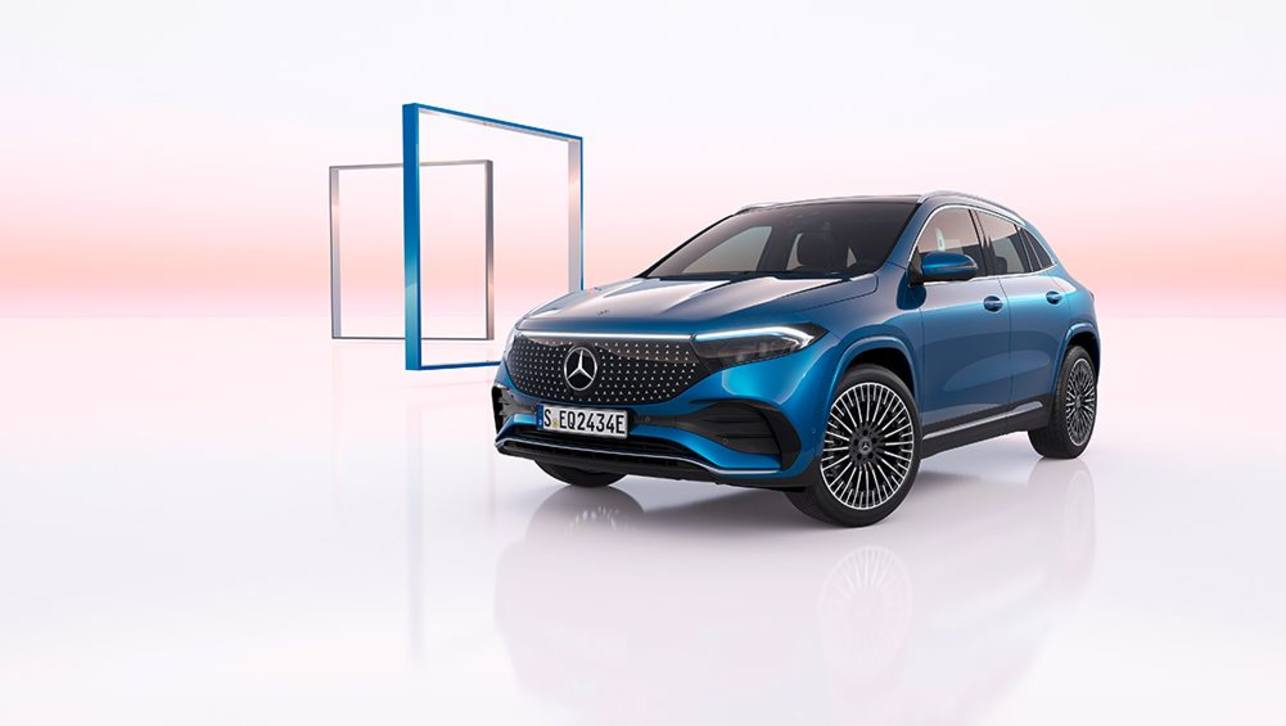
.jpg)
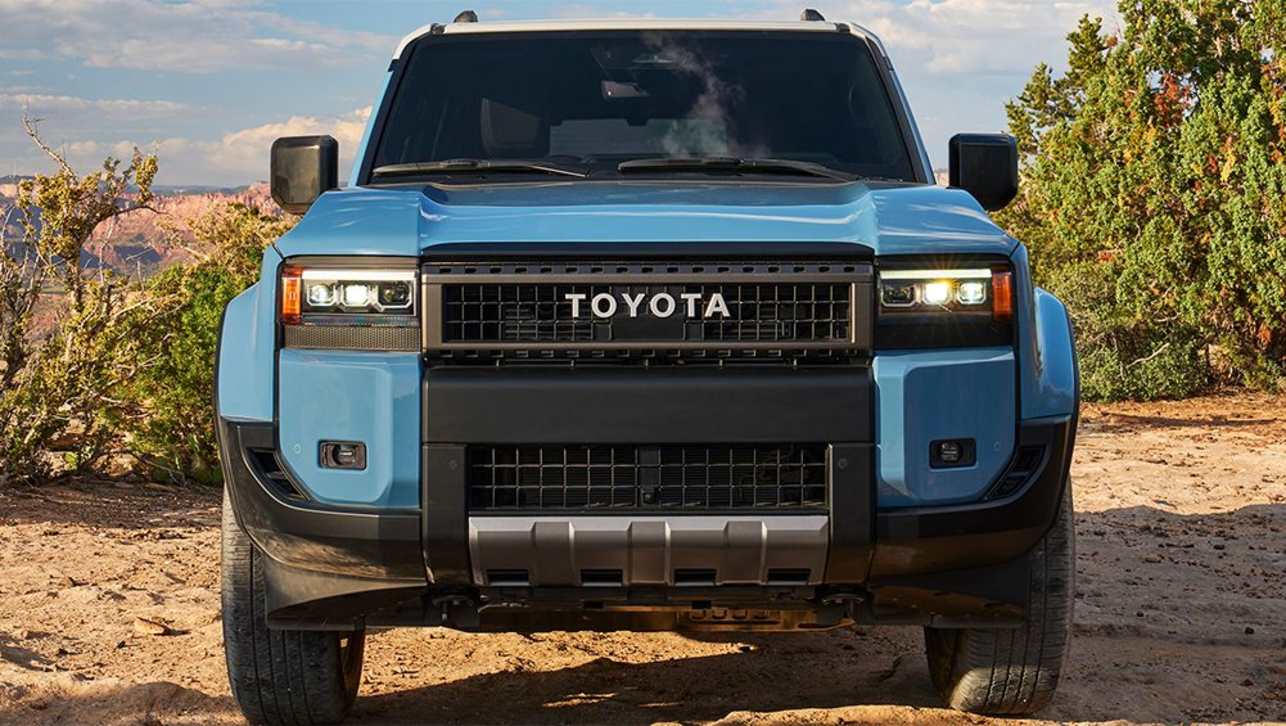

.jpg)

.jpg)
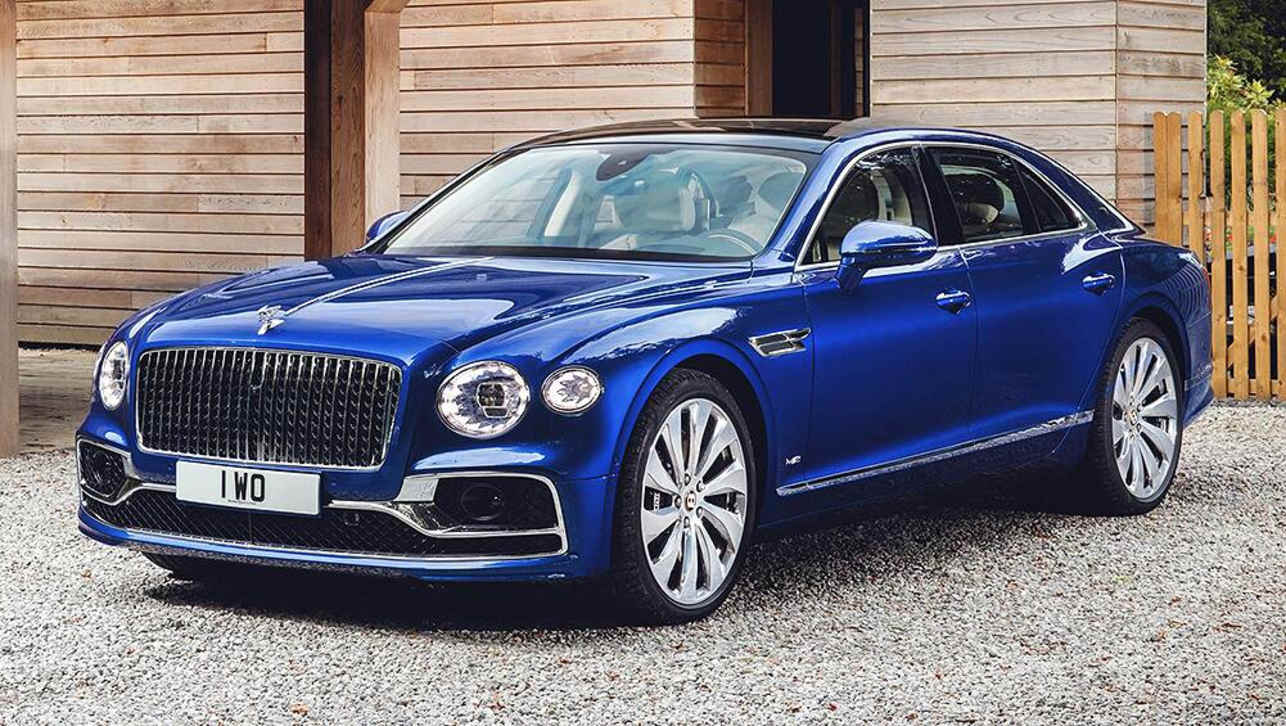
.jpg)

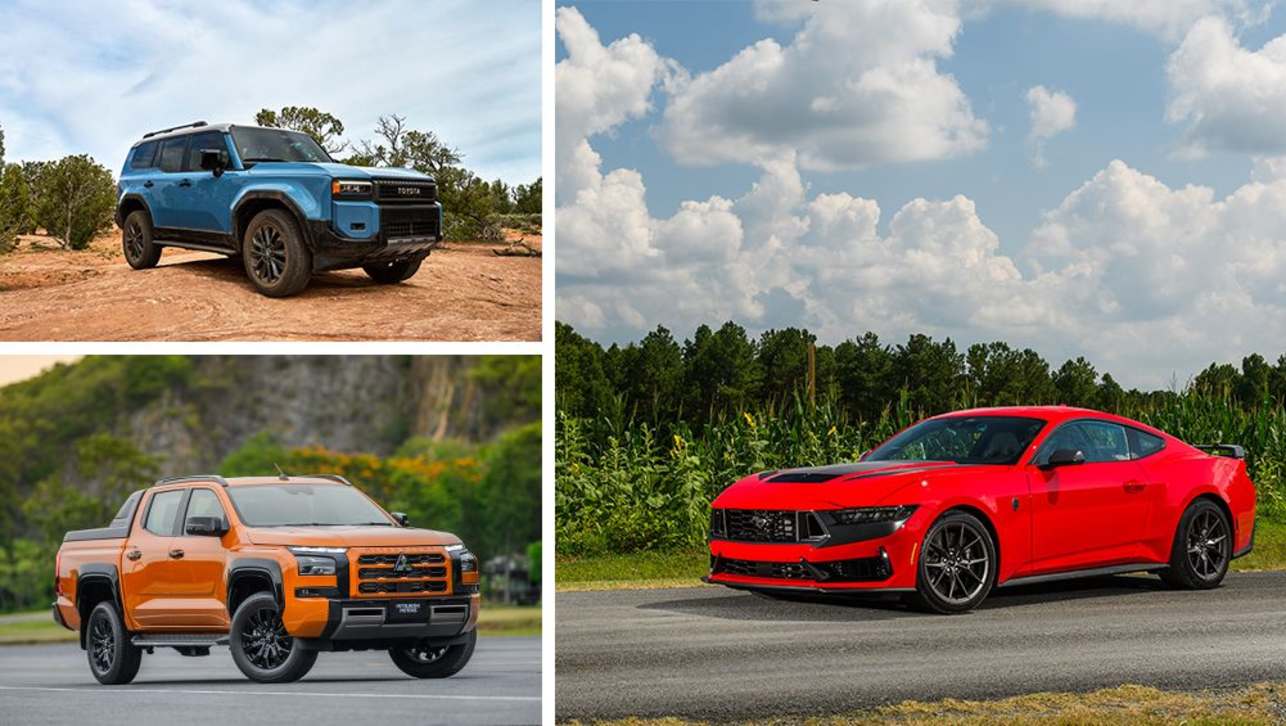



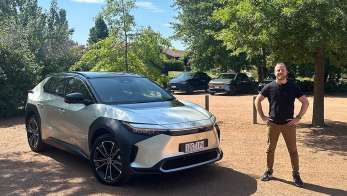
Comments